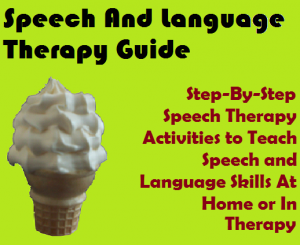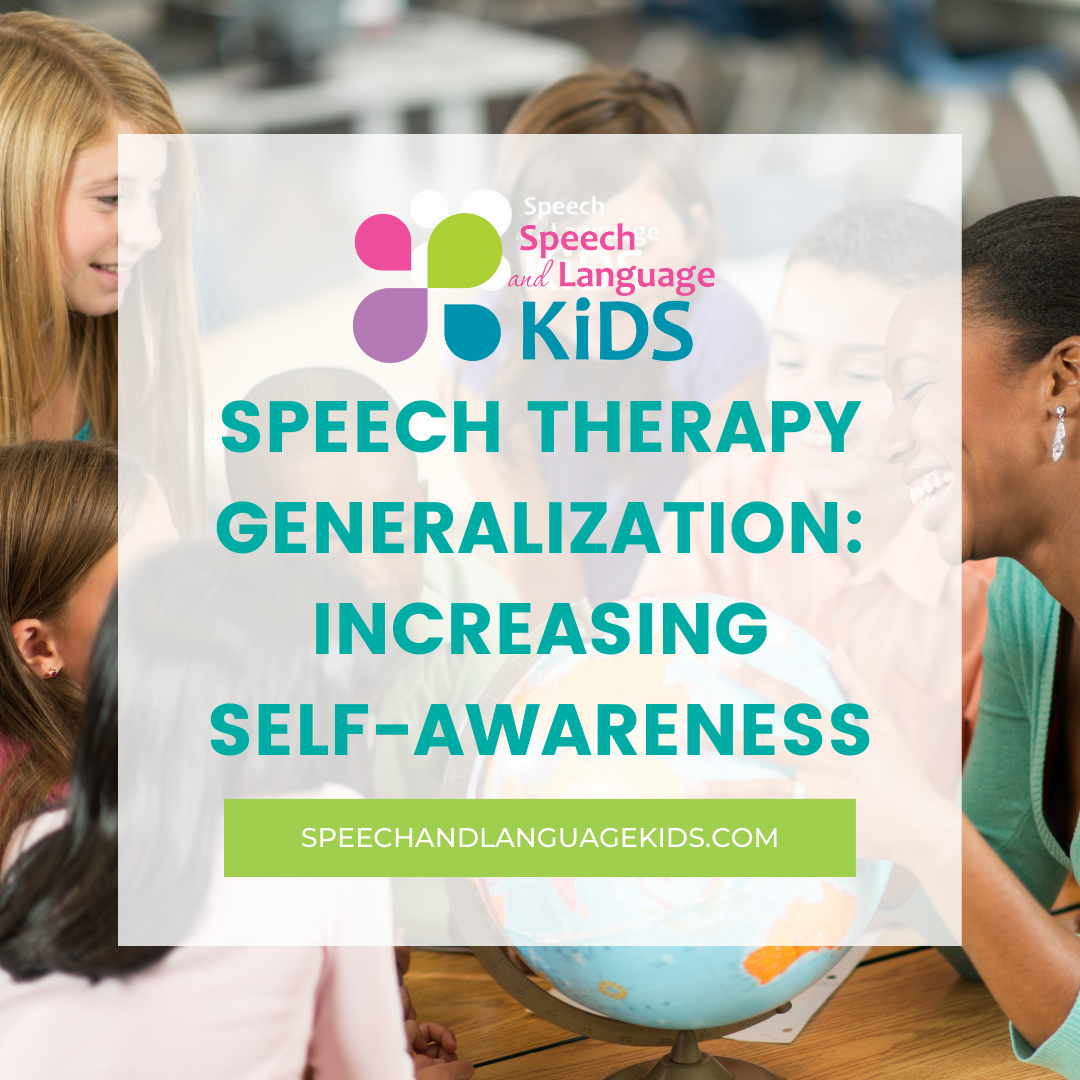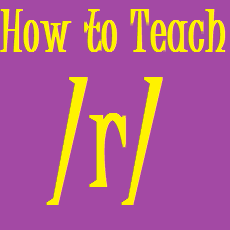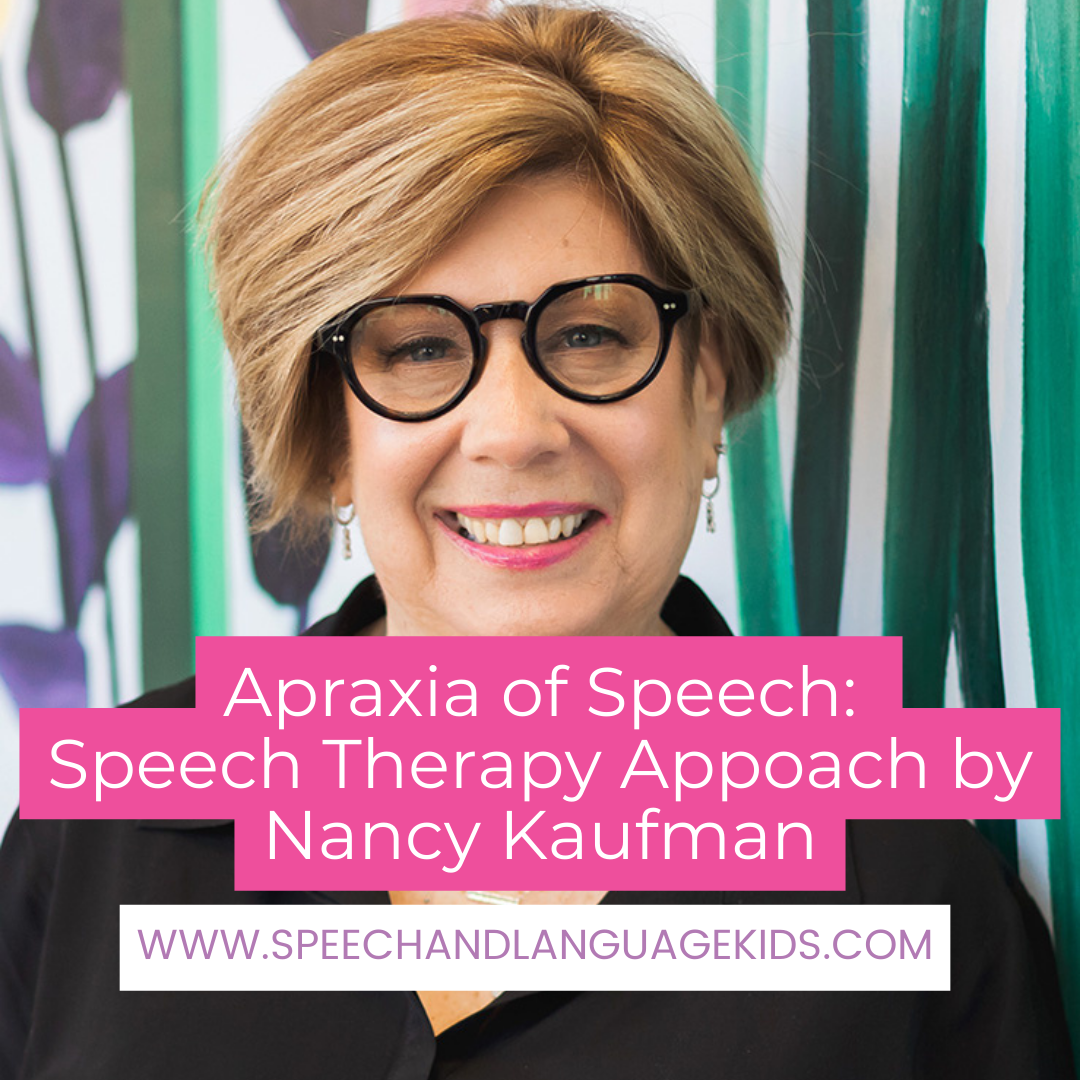Welcome to the IEP and Caseload Resource Page! This page is all about helping you understand and navigate IEPs (as a parent or speech therapist) and manage your therapy sessions and caseloads.
SLPs, you will find valuable information about making your job easier.
Parents, you will find great information about working with your child’s school and managing your speech therapy sessions at home.
What is an IEP Plan?
IEP stands for Individualized Education Plan. This plan is something that a school and parent creates to describe how a child with an identified delay or disability will receive services at school. The following things are generally included in an IEP:
- What therapies a child needs
- Why the child needs those therapies
- What goals the child will work on during the upcoming year
- How the child is currently performing on those goals
- How much therapy time the child will receive to work on those goals
- What the rest of the child’s education will look like (how much time in the regular education classroom)
- Any additional services the child may need, such as special bussing
For more detailed information, check out this podcast episode:
Parent Rights in the IEP Process
The Definitive Guide to IEP Goals: For the Professionals Who Write them and the Parents who Read Them
How Do Parent-Teacher Conferences Work for Children with Speech Therapy
You can request that your child’s speech therapist attend your child’s parent-teacher conferences. Here are some tips for having a successful parent-teacher conference with your child’s speech-language pathologist:
Parent-Teacher Conferences with Speech Therapists
How Long Should Speech Therapy Sessions Last?
Each child is different and some children will benefit from longer or shorter speech therapy sessions, but this podcast discusses some of my recommendations on how long your speech therapy sessions should last at school or at home:
5-Minute Speech Therapy? How Long Should Your Sessions Last?
Where Can I Find Lesson Plans for Speech Therapy?
It is often difficult to know exactly how to teach a speech or language skill. You may also find that the child is tiring of one approach and you need some fresh ideas. This e-book that I created is packed full of fantastic step-by-step lesson plans for 39 different speech and language skills.
Each lesson plan will take you through the various steps of teaching that skill. It includes practical activities as well as worksheets and handouts for each step. It will also help you determine which skills to start on first with a child.
For more information, click below:
 Speech and Language Therapy Guide
Speech and Language Therapy Guide
Where Can I Find Free Materials??
So glad you asked! 🙂 I have a whole page of free speech therapy materials! Head on over and check it out:
How Can I Make Speech Therapy More Fun?
Browse All IEP-Related Articles:
Phonological Awareness Hierarchy, Skills, and Goals
Phonological Awareness Hierarchy and Speech Therapy Goals Rhyming, alliteration, syllabification, blending, etc. These phonological awareness skills are crucial to literacy and reading success. This page will give you the hierarchy of phonological awareness
Generalization for Speech Therapy | Help Clients Self-Monitor and Carry-Over Skills
Generalization for Speech Therapy | Help Clients Self-Monitor and Carry-Over Skills "They can do it in speech therapy, but they're not carrying it over to the classroom!" How many times have you said this?
Present Progressive “-ing” | Speech Therapy Activities for Progressive Verbs
Present Progressive "-ing" | Speech Therapy Activities for Progressive Verbs She is jumping. He is running. How can we teach children to use the present progressive "-ing" verb tense? On this page, we'll
How to Teach the /r/ Sound with Christine Ristuccia
In episode 24 of the Speech and Language Kids Podcast, Carrie Clark interviews speech-language pathologist Christine Ristuccia, founder of "Say it Right" about how to teach that tricky /r/ sound. This is great information
Phonological Processes: Definition, Examples, and Therapy
Phonological Processes: Speech Therapy and Activities: When children are learning to speak, they use specific patterns to simplify harder sounds. They may drop off certain sounds to make a word shorter. Or they may
Apraxia of Speech: Speech Therapy Approach by Nancy Kaufman
Teaching Adjectives to Children: Activities and Worksheets for Helping Kids Learn Adjectives Childhood Apraxia of Speech (CAS) is a rare, neurologically-based speech disorder where the child knows what he wants to say but








